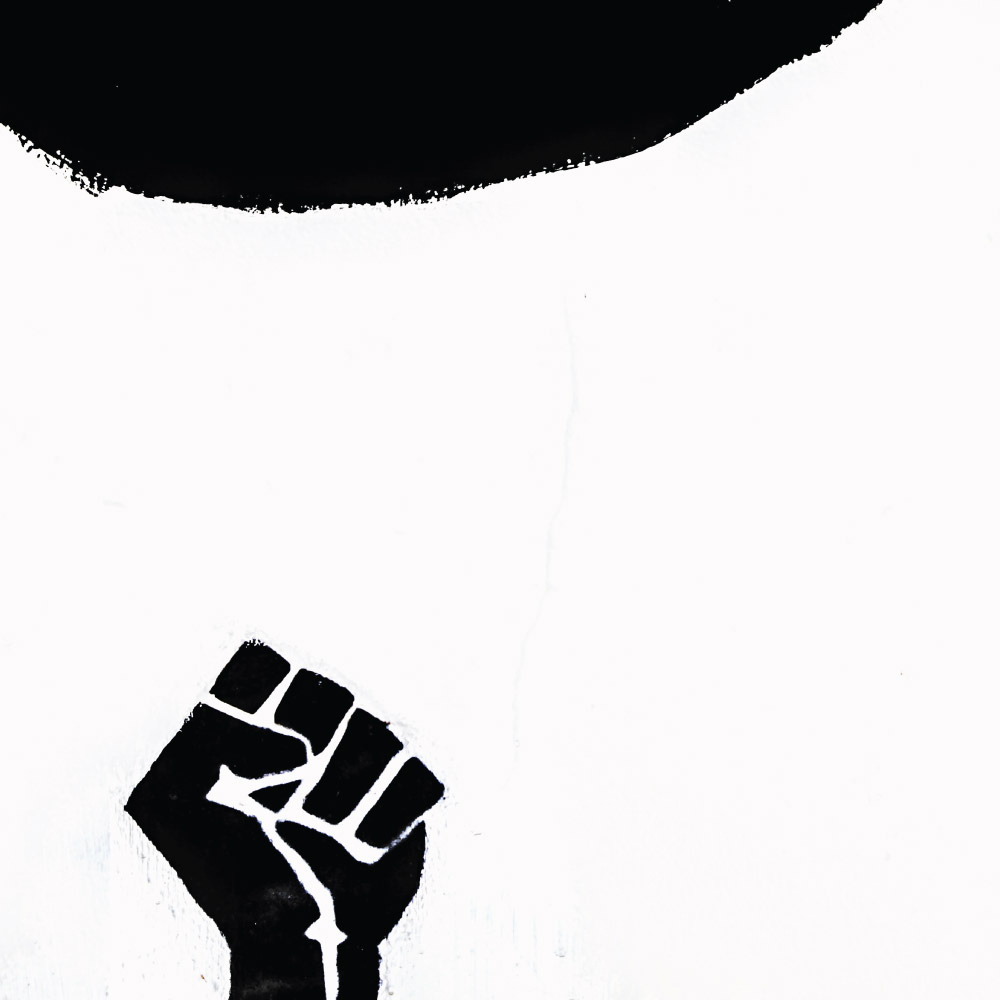Ayodele Awojobi as a Scholar-Activist An Assessment of the Historical Mission of Intellectuals Towards an African Revolution
Main Article Content
Abstract
Intellectuals are the threads that hold societies together. They form the basis upon which the making and unmaking of the future of societies are built. In fact, it is almost impossible to assess the progression of earliest societies without considerations of the transformative roles of individuals with inimitable intellectual skills and essence. This article will attempt a preliminary study on the socio-cultural and political tasks of intellectuals in neo-colonial Africa. Since there is a nexus between colonial domination vis-àvis
the production and consumption of knowledge, the existence of neo-colonial Africa thus presents a society whose intellectuals are behind in the fulfilment of their historical task. The dominance of Western liberal epistemologies and methodologies across the purported African academy have precluded, to a reasonable extent, the existence of ‘African’ intellectuals whose mission ordinarily ought to be related to the actualisation of the African revolution. Nkrumah has argued that in birthing a revolutionised postcolonial Africa—a society free from all forces of capitalism and neo-colonialism—the intellectuals are destined for an important role. Chomsky has echoed this position when he posited that there has to be a connection between scholarship and activism. By exploring the socio-political activities of the ‘mighty giant’ Professor Ayodele Oluwatuminu Awojobi, this article examines the mandate of ‘African’ intellectuals as both the ‘producers of ideas’ and ‘workers for ideas’. Through the exploration of existing primary and secondary sources, this article argues that postcolonial African intellectuals have the duty of being inspired by the revolutionary life and works of the activistscholar Ayodele Awojobi. The ultimate submission of this article is that scholarship cannot only be an arena for rhetoric, but must also be committed to the production of pragmatic thoughts, ideas, and actions that have the capacity of transforming the prevailing repellent social conditions and realities of the vast majority of the downtrodden African masses.
Article Metrics Graph
Article Details

This work is licensed under a Creative Commons Attribution-NonCommercial 4.0 International License.





